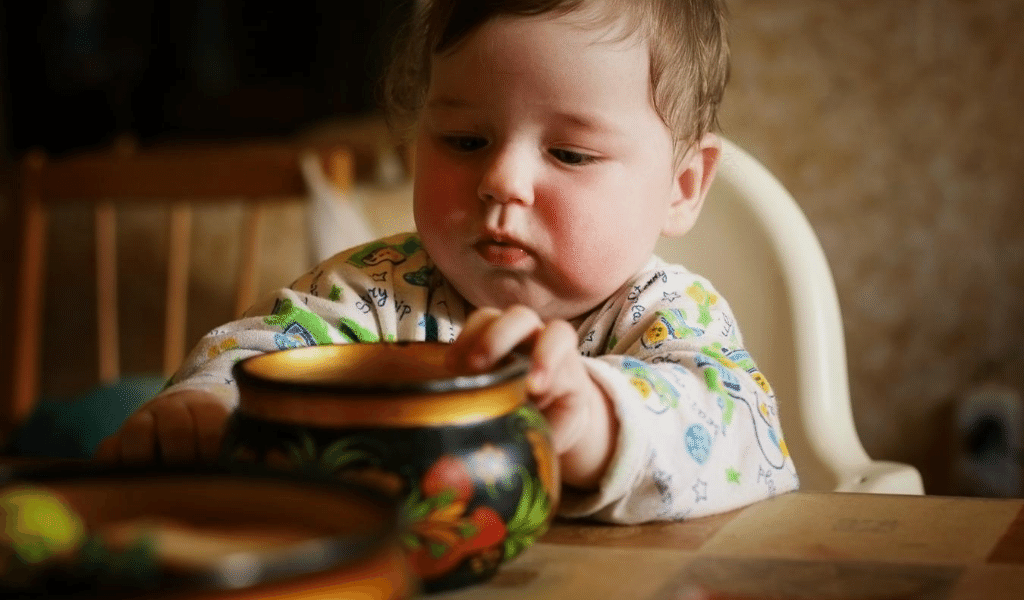Undoubtedly, the first years of a child’s life have a lasting impact on their life chances. But did you know that by the age of five, large gaps in development will have opened between children from low-income families and their better-off peers?
So, what is it about low-income families that makes this happen? Surely if a child is loved and nurtured then material advantage is not that important? Well, therein lies the problem. If you are a parent or carer struggling for money, unable to pay your bills, maybe going hungry yourself in an effort to make sure your child has enough to eat, or maybe living in inadequate housing, then just getting through the day may be the best you can do. If you add in any problems with mental health, domestic abuse, or addiction, then nurturing a child may be just too difficult.
The early years of a child’s life are a critical stage in their development, with 90% of brain development taking place before a child is seven years old. Early childhood brain development relies largely on learning through sensations, environment and relationships. It is no coincidence that the principles of the Early Years Foundation Stage include ‘positive relationships’ and ‘enabling environments’.

Within a healthy nurturing relationship with their carer, the more a child explores their environment, the more experiences they have, the more they will learn. This includes plenty of interactions, talking about new experiences, singing, responding to needs and physical and emotional comfort.
Some children do not get enough of this and so they are disadvantaged when it comes to learning. They simply do not have enough ‘hooks’ to hang new learning on, or they may not be ready developmentally for the activities that they have on offer.
The dictionary defines disadvantage as ‘an unfavourable circumstance or condition that reduces the chances of success or effectiveness’. Certainly, this applies to children who have limited nurture or experiences before they come to an early years setting, compared with a child born into a family with parents that are educated, healthy, without financial hardship and with the capacity to look beyond their own immediate needs. These parents are generally free from the anguish that poverty brings and therefore have a greater capacity for nurturing and support. They create stronger attachments with their children, which is obviously a distinct advantage and is known to enhance better social, emotional and cognitive skills.[1]

There is much you can do in your setting to overcome this – strong key person policy, nurturing environment, real experiences etc but on its own this may not be enough as it is clear to see that parents and carers have the most important role. The good news is that there is something that can be done in the early years to break this cycle of a poor start leading to poor outcomes.
Brining parenting and early education together
Bringing these two key areas, parenting and early education, together holds the key to helping children to thrive. This means that how you engage with parents in your setting, (in case you hadn’t already realised) is hugely important. You are in the very best position to reach, connect, support and influence parents and carers when it comes to nurturing their child. You are also in the unique position of being able to build strong relationships, based on trust and respect so that you can signpost parents for help and support for themselves.
Finding a way of ensuring we are able to support parents and offer children high-quality early education is a must if we are to break the cycle of poverty and disadvantage, and doing this in a joined-up way is surely the most logical and sensible approach.

Maureen Hunt is an independent education consultant specialising in early years. She taught for over 25 years in nursery and infant schools and spent 15 years in leadership roles. Maureen was the Early Years Lead for Achievement for All where she was responsible for the design and the delivery of their award-winning Early Years programme “Achieving Early”. Maureen holds a BEd, a Master’s degree in Education Management, the National Award for Special Educational Needs Coordination and the National Professional Qualification for Headship. Her book ‘Helping Every child to thrive in the Early Years’ focuses on what settings can do to overcome the disadvantages some children face in their education.